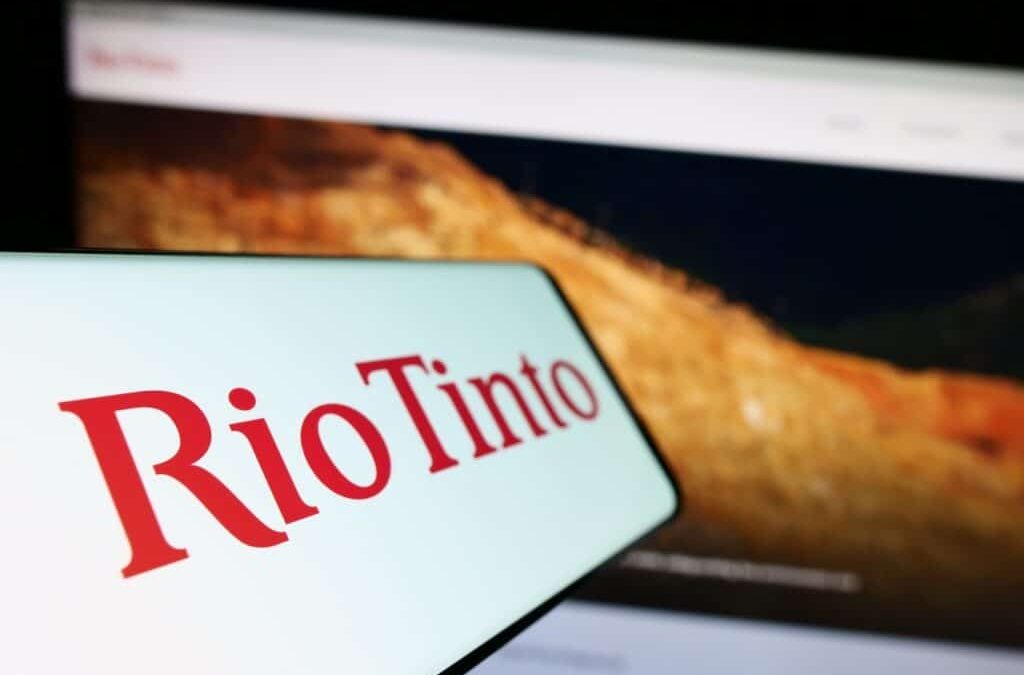Rio Tinto and Imperial College London have teamed up to launch the Rio Tinto Centre for Future Materials, aimed at accelerating the development of new sustainable technologies required for the energy transition.
The centre was welcomed with a major vote of confidence in the UK by the UK Government and was created with a $150 million investment from Rio Tinto over the next ten years.
It will be used as a central point to connect the world’s best researchers, with the capabilities and commitment to help the industry transform the way materials are sourced, processed, used and recycled to make them more environmentally, economically and socially sustainable.
Rio Tinto chief executive Jakob Stausholm said innovative partnerships between industry and academia are critical for the world to meet the challenge of the global energy transition.
“The Rio Tinto Centre for Future Materials should become a global hub for investment and collaboration that will ultimately create the conditions for technological breakthroughs,” he said.
“Innovation has been a fundamental part of Rio Tinto’s DNA since we were founded in London over 150 years ago.
“We are constantly trying to find better ways to provide the materials the world needs, and this partnership with some of the leading research universities in the world, led by Imperial College London, will support this ambition.”
Imperial College London president Hugh Brady said the centre will co-create and fund research programs that empower diverse, interdisciplinary teams to deliver innovative and transformative solutions with environment, society, and governance at their core.
“This work will transform the ways we extract, process, and reuse critical resources to make them more environmentally, economically and socially sustainable,” he said.
“The clean energy industry, an engine of economic growth, is rightly at the heart of the government’s industrial strategy. Imperial – with its strong disciplinary foundations, highly collaborative culture, passion for innovation, and proven convening power – is well placed to support those ambitions.”
The first challenge for the centre will be focusing on electrification and delivering future material systems for energy transitions with integrity.



